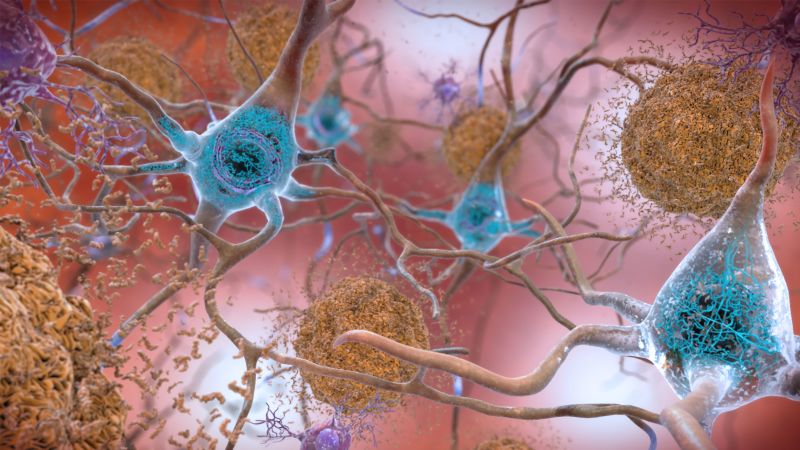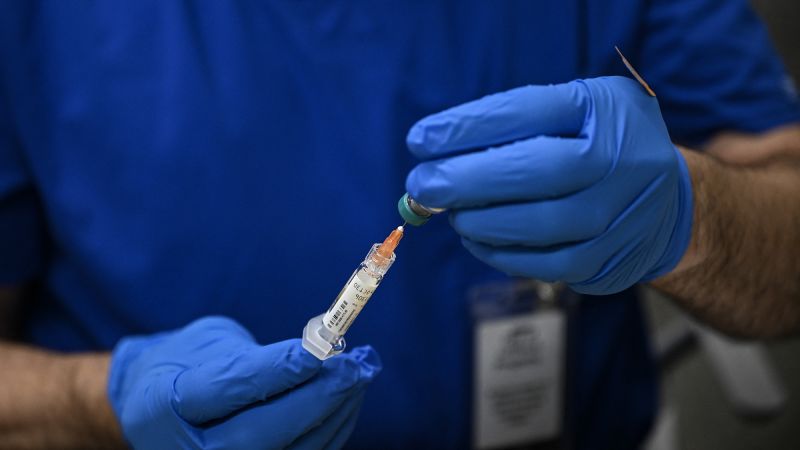Formula 1 legend Eddie Jordan has died from cancer at the age of 76—just a month after giving a heartbreaking update on his battle with the disease.
His devastated family announced the sad news today, adding that the former racing team owner turned BBC pundit ‘had was working until the last’.
Jordan, shocked fans when he announced his diagnosis last year on his Formula For Success podcast, stating: ‘We’ve kind of alluded to it over the shows.
‘Way back in March and April, I was diagnosed with bladder and prostate cancer, and then it spread into the spine and the pelvis, so it was quite aggressive.’
In an urgent warning to listeners, the racing legend added that anyone suffering symptoms of the disease should see a doctor: ‘Don’t put it off.
‘Go and get tested, because in life, you’ve got chances. Don’t be stupid. Don’t be shy. Look after your body, guys.’
Around 10,500 new cases of bladder cancer are recorded in the UK each year— about 29 people per day.
Here we outline the facts about the disease and the little-known signs that no one should ignore.
Formula 1 legend Eddie Jordan has died from cancer at the age of 76—just a month after giving a heartbreaking update on his battle with the disease.

His devastated family announced the sad news today, adding that the former racing team owner turned BBC pundit ‘had was working until the last’.

In an urgent warning to listeners, the racing legend added that anyone suffering symptoms of the disease should see a doctor: ‘Don’t put it off’
Bladder cancer is most common in older adults, with the majority of new cases recorded in people aged 60 and above.
The NHS pinpoints smoking as the single biggest risk factor for bladder cancer.
‘This is because tobacco contains cancer-causing (carcinogenic) chemicals,’ it says.
‘If you smoke for many years, these chemicals pass into your bloodstream and are filtered by the kidneys into your urine.
‘The bladder is repeatedly exposed to these harmful chemicals, as it acts as a store for urine. This can cause changes to the cells of the bladder lining, which may lead to bladder cancer,’ it adds.
Exposure to certain industrial chemicals is the second biggest risk factor, according to the NHS.
Previous studies suggest that this may account for up to a quarter of all cases.
This could help to explain why the disease is also more common in men than in women, as men were previously more likely to smoke and work in the manufacturing industry.
Bladder cancer usually begins in the cells of the bladder lining. In some cases, it may spread into surrounding bladder muscle.
In Jordan’s case, it is not known where the disease began.
But the fact he had prostate cancer at the same time suggests it is possible patients can develop two primary cancers at once.
Research published in the Journal of Urology revealed that 25 per cent of patients with bladder cancer had also been diagnosed with prostate cancer.
The most common symptom, according to the NHS, is blood in the urine—also known as hematuria.
This may be visible, appearing bright red or cola-colored, but sometimes it is not obvious—and is only detected in a urine test.
Changes to bladder habits—primarily needing to pee more frequently than usual, sudden urges to urinate, difficulty urinating or a weak stream, or a feeling of ‘incomplete emptying’ are also common.
Some patients may also experience a painful, burning sensation when peeing.
Lower back pain, limited to one side of the body, or abdominal pain, sudden or unintended weight loss and loss of appetite, and fatigue may also be seen.
Anyone suffering these symptoms should book an appointment with a GP—while in most cases it won’t be bladder cancer, this and other sinister causes should be ruled out, the NHS states.











